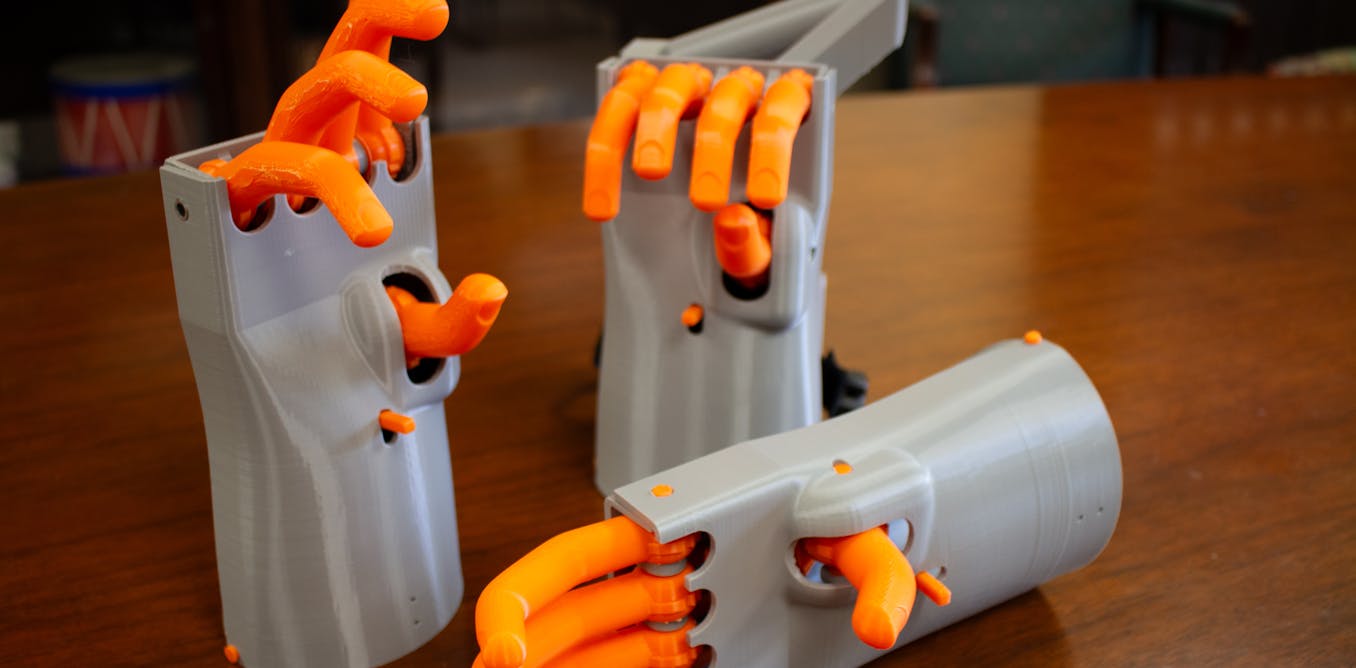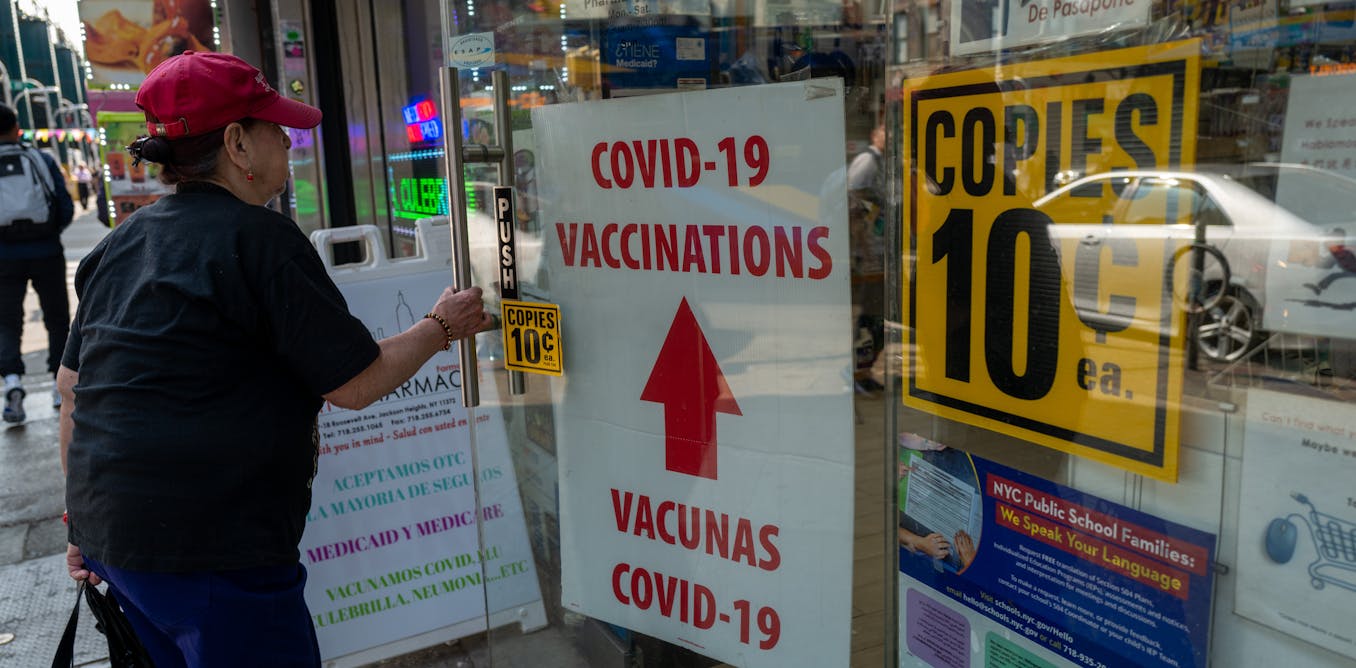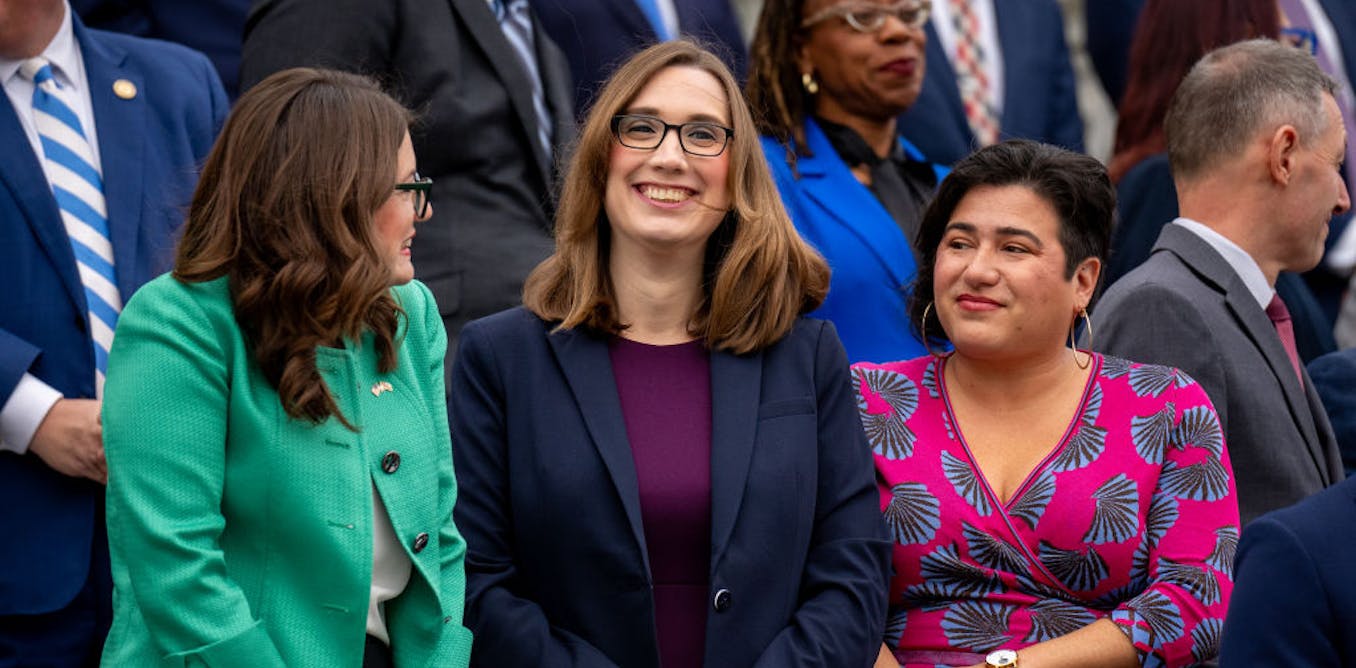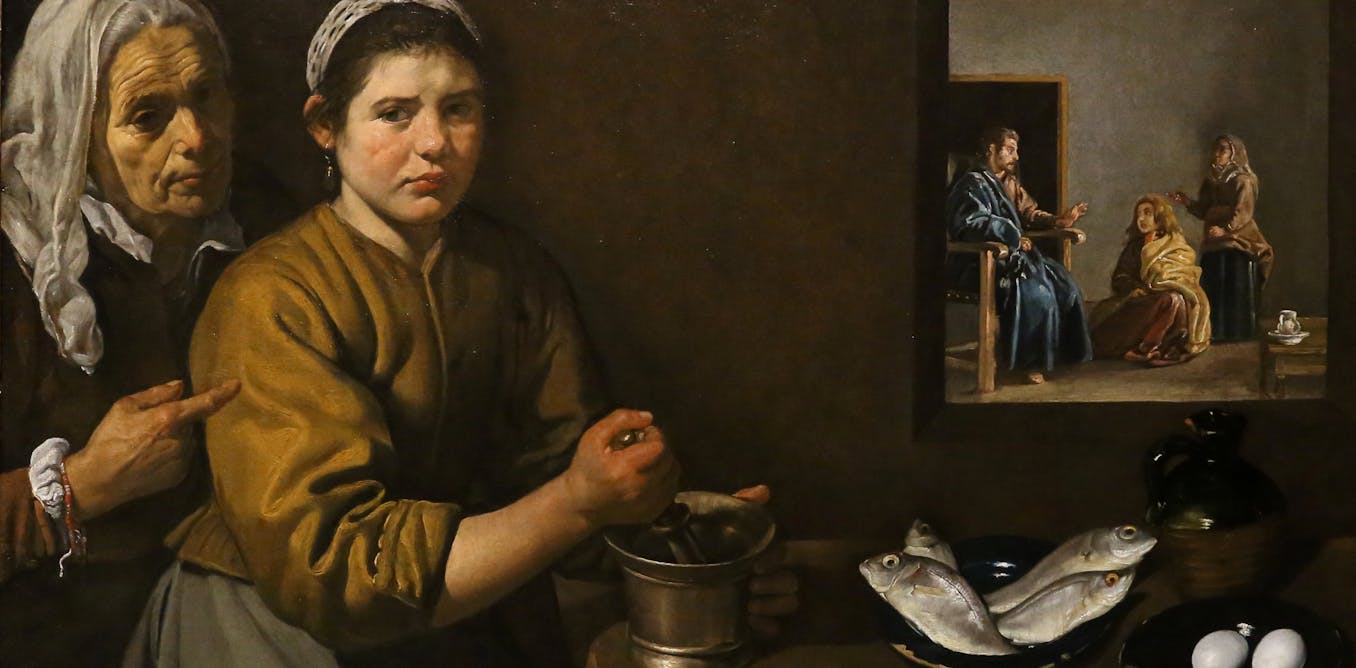Medicare Advantage is covering more and more Americans − some because they don’t get to choose
Medicare Advantage − the private option that costs taxpayers extra and requires prior approval − is the default for some state agencies and corporations.
April 3, 2025 • ~17 min
From TB to HIV/AIDS to cancer, disease tracking has always had a political dimension, but it’s the foundation of public health
Without public health surveillance, officials trying to tackle outbreaks, identify threats and evaluate treatments are working ‘in the darkness of ignorance.’
March 11, 2025 • ~9 min
COVID-19 is the latest epidemic to show biomedical breakthroughs aren’t enough to eliminate a disease
Scientific discoveries are necessary to eliminate epidemic diseases. But addressing socioeconomic factors is just as essential in the fight against diseases such as syphilis, AIDS and TB.
March 5, 2025 • ~9 min
US dodged a bird flu pandemic in 1957 thanks to eggs and dumb luck – with a new strain spreading fast, will Americans get lucky again?
With the devastating 1918 pandemic in mind, US health officials saw an outbreak in Asia and swung into action. What happened offers lessons for today.
Feb. 6, 2025 • ~8 min
Are trans women ‘biologically male’? The answer is complicated
Republicans are seeking to define ‘sex’ in federal law. But after centuries of debate, doctors, scientists and judges haven’t come to a clear consensus on what the definition of sex should be.
Dec. 3, 2024 • ~10 min
Preparing for a pandemic that never came ended up setting off another − how an accidental virus release triggered 1977’s ‘Russian flu’
An epidemiologist makes the case that a rush of research to stop a swine flu outbreak led to an accidental lab release of an extinct virus. Preparing for one pandemic triggered a different one.
Sept. 4, 2024 • ~11 min
Modern surgery began with saws and iron hands – how amputation transformed the body in the Renaissance
Gunpowder warfare kicked off a new era of invasive surgery and prosthetic technology in Western medicine.
June 17, 2024 • ~12 min
Florence Nightingale overcame the limits set on proper Victorian women – and brought modern science and statistics to nursing
Among her 5 decades of accomplishments, Nightingale founded the world’s first nursing school and advocated health care for all.
May 15, 2024 • ~11 min
Hispanic health disparities in the US trace back to the Spanish Inquisition
Early modern societies in Latin America and Spain saw a convergence of traditional medical knowledge and the professionalization of medicine. The resulting differences in access to care endure today.
March 5, 2024 • ~10 min
/
4








